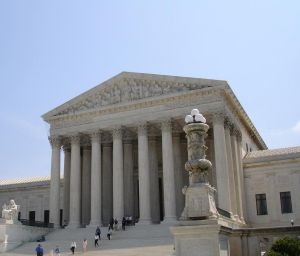Nationwide, there has been a rise in wage and hour claims related to mis-classification. In a recent success story for employees in California, a trial court awarded truck drivers nearly $1 million in damages plus attorneys’ fees, litigation expenses and additional enhancements in the class action. The defendant employer, Oakland Port Services Corp (AB Trucking) had previously appealed a trial court decision on the grounds that federal law preempted California’s meal and rest break requirements. The appellate court disagreed and reaffirmed the trial court decision.

Two drivers for the defendant company filed a class action lawsuit against Oakland Port Services Corp after the company denied wages for weekend work. The employer improperly misclassified the drivers as “unpaid trainees” and failed to provide state mandated meal and rest breaks.
The trial court had previously certified a class of drivers to performed work for the company out of its Oakland facility. In May of 2013, the trial court awarded the drivers a total of $964,557, including $487,810.50 in attorneys’ fees, $42,106.16 in litigation expenses, as well as $20,000 in class representative awards.
 Orange County Employment Lawyers Blog
Orange County Employment Lawyers Blog
















